Heidelberg Material’s cement plant in Germany welcomes new carbon capture unit, Leilac-2
)
The Leilac-2 project is a recent development which has been created with the purpose of demonstrating a replicable module that is able to capture a large amount of carbon dioxide. The device is specifically designed for the cement and lime industry and will help to remove emissions which are unavoidable.
The module is capable of efficiently capturing an estimated 100,000 tonnes of carbon dioxide emissions annually, which is why it is extremely beneficial to the cement and lime industry. The production of cement is a necessity in everyday life, however the carbon emissions it produces are unavoidable. Therefore, this means that bringing in a module that can help reduce and prevent carbon emissions, will not only help the atmosphere, but will also mean that the necessary production of lime and cement is not as bad and can continue, as it is being decarbonised during operations through the use of this module. The module has also been designed with the benefit of being small enough and retrofittable, so it can easily be integrated into an operational cement plant and this process is able to take place with minimal downtime. The module is also capable of operating with a range of fuels, making it highly adaptable.
So far, the design for this module has been created and delivered to the appropriate party and this design is robust and displays that the module is now ready for construction. Also, an assessment was held at the Ennigerloh site, where it was discovered that the Leilac-2 design, that was specifically designed for the Hanover plant, would also be suitable to be installed at the operational Ennigerloh plant. This installation would be able to be performed with minimal delay and cost. In order to do this, it was stated that the required additional engineering work would be expected to be limited to site-specific permitting, along with site-specific integration and there would be no need for an increase in total project capital cost. Furthermore, following through with this transfer, would also come with many benefits, especially for the module. Transferring the module would highlight how robust and easily transferrable the Leilac technology is and it would also help to display the way the technology can be quickly deployed where it is required at other operational cement plants. The overall aim of this quick and easy transfer and construction system, is to enable any companies who want to use the module, to have access to it through receiving the design in a blueprint model, then it can be constructed by local companies, with the use of the local resources.
Choosing to construct the module at Heidelberg Materials’ Ennigerloh cement plant which is based in North Rhine-Westphalia, Germany, was a decision made by a combination of companies. The process started once Heidelberg decided to end clinker production in Hanover, Germany. This lead to Calix’s subsidiary, Leilac Limited (“Leilac”), Heidelberg Materials and IKN, a Leilac-2 project partner, coming together to carry out a technical and financial assessment of alternative sites that would be a good fit for the project. This assessment lead to choosing Heidelberg Materials’ Ennigerloh cement plant in North Rhine-Westphalia, Germany for the new Leilac-2 project host.
Currently, the project is at the stage in which they are now awaiting confirmation on building the project and once they have this, the construction phase will begin.
Heidelberg Materials General Manager Germany, Christian Knell commented, “Heidelberg Materials has again demonstrated its commitment to develop the Leilac technology and is pleased to host the Leilac-2 project at the Ennigerloh cement plant. Leilac continues to be an important technology solution for our industry-leading efforts to meet societies’ net-zero commitments.”
Leilac CEO, Daniel Rennie added, “The Leilac technology represents a scalable and economical solution to address the carbon dioxide emissions that are produced unavoidably by the cement and lime industries, and the rapid demonstration of such solutions is essential to achieving our industrial decarbonisation goals. The swift and successful selection of Ennigerloh as the new Leilac-2 host plant is the result of the proactive, positive, and committed approach by Heidelberg Materials, the European Commission, and our partners, and the dedication of an exceptional collective project team. We look forward to continuing to work with all our partners to rapidly deploy efficient decarbonisation solutions at Ennigerloh and cement and lime plants around the world.”

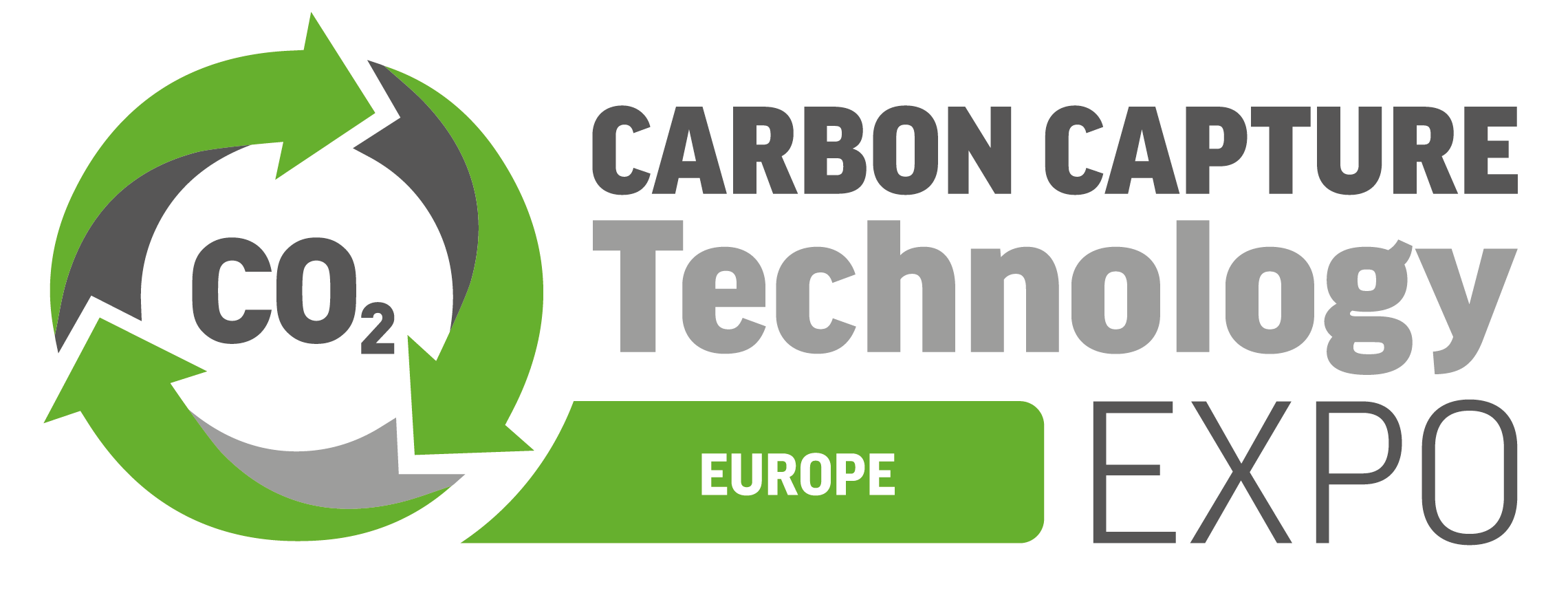

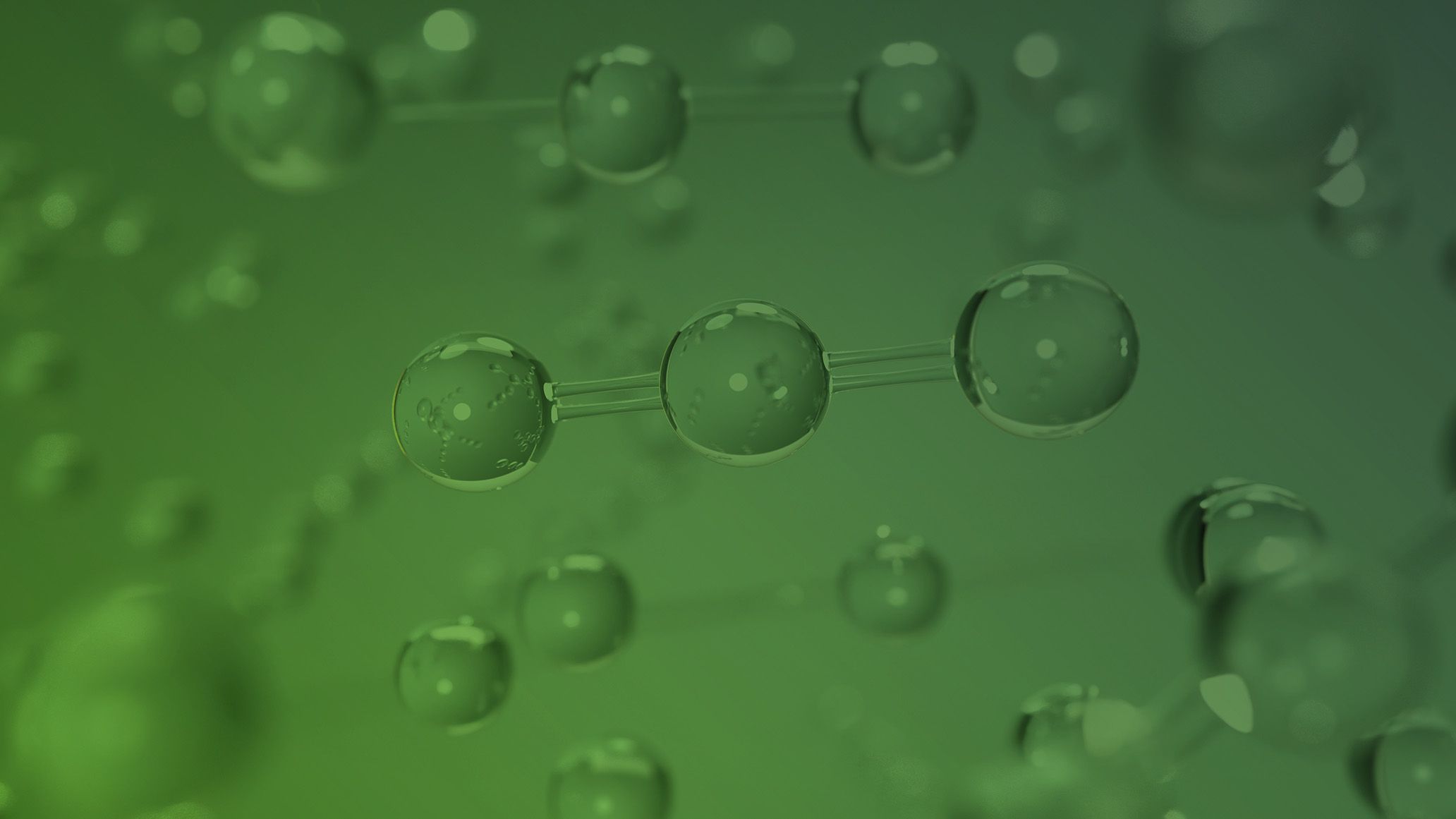
)
)
)
)
)
)
)
)
)
)
)
)
)
)
)
)
)
)
)
)
)
)
)
)
)
)
)
)
)
)
)
)
)

)
)
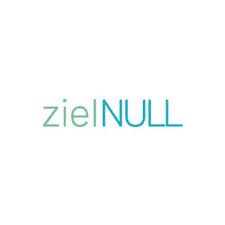
)
)
)
)
)
)
)
)
)
)
)

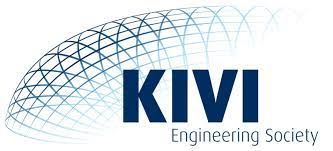
)
)
)
)
)

)
)

)

)
)
)
)
)
)
)
)
)
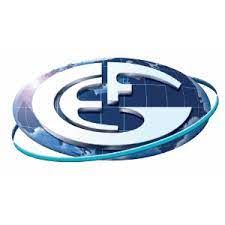

)
)
)
